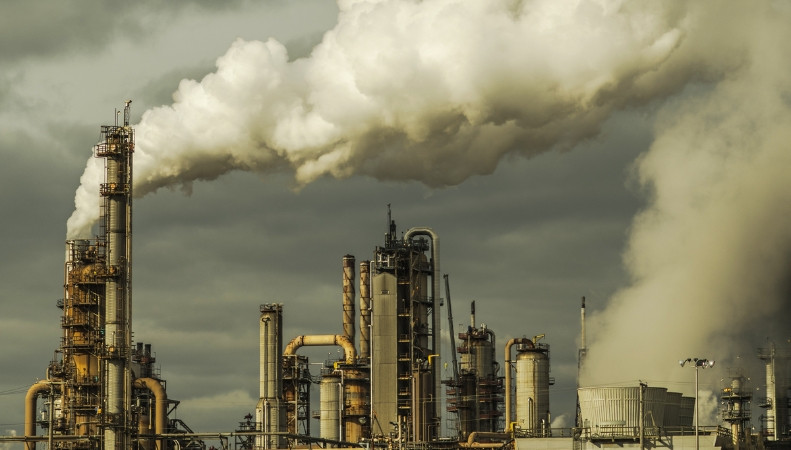The world is on a fast track journey towards Net Zero. Construction and Civil Engineering are a significant contributor to carbon emissions. In the USA, it is estimated that construction and building operations account for almost 39% of total carbon emissions.
But which products are the biggest emitters of carbon?
- Cement: Cement production is a major source of carbon emissions due to the high temperatures required to produce it and the release of carbon dioxide during the chemical reaction that occurs when cement is made.
- Steel: Steel production is also a significant source of carbon emissions, primarily due to the energy-intensive processes involved in making it, including the extraction and refining of raw materials, the melting of steel in furnaces, and the transportation of materials.
- Asphalt: Asphalt production releases carbon dioxide as a byproduct of the heating and mixing process used to make it.
- Insulation: Many insulation materials, such as fiberglass and foam, are made from petrochemicals, which release carbon dioxide when they are extracted and processed.
- Glass: Glass production releases carbon dioxide as a result of the high temperatures required to melt sand and other raw materials.
- Plastics: The production of many types of plastics releases carbon dioxide, particularly those made from fossil fuels such as oil and natural gas.
- Concrete blocks: Like cement, concrete blocks release carbon dioxide during the production process due to the high temperatures required to cure the blocks.
- Plasterboard: Plasterboard production releases carbon dioxide due to the energy required to heat and mix the raw materials and to transport the finished product.
- Wood products: While wood is a renewable resource, the production of wood products such as lumber and plywood can still release carbon dioxide due to the energy required to process the wood and transport it to market.
- Roofing materials: The production of roofing materials such as asphalt shingles and metal roofing releases carbon dioxide as a byproduct of the manufacturing process.
The carbon emissions associated with these products can be reduced through the use of more sustainable production methods and the incorporation of renewable energy sources.
So, who is doing what, to find a sustainable alternative to these major polluters...
Cement
Recycl8 is a start up business based in the North East of Scotland who aim to "purpose Incinerator Bottom Ash into a low carbon, high performance solution for concrete manufacture and accelerate our collective long-term responsibilities to reduce global CO2 emissions."
Asphalt
EZ Street Premium Cold Asphalt has entered the UK market with the industries first Carbon Neutral Cold Asphalt. With embodied emissions already as low as 0.04T/C02e per tonne of Asphalt produced before offsetting, this cold asphalt is reducing the carbon impact of road maintenance.
Insulation
Thermafleece have produced the UK only Sheep's wool insulation. They offer "...natural fibre insulation that combines natural sheep's wool and recycled fibres at their optimum proportions and density."
Concrete Blocks
Greenbloc by CCP have a developed the UK's first cement free ultra-low carbon dense concrete block.
Plasterboard
Adaptavate are working on a carbon negative production processes for a "...revolutionary, low carbon innovation for the construction sector" suitable as an alternative to gypsum based plasterboard.
These innovators are bringing new products to the market which will help the wider construction industry to do its fair share to meet its net zero obligations.

